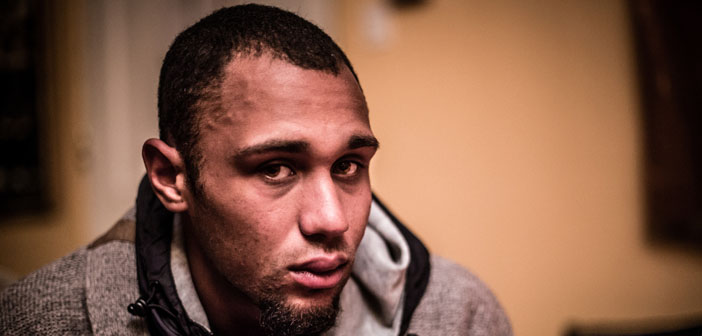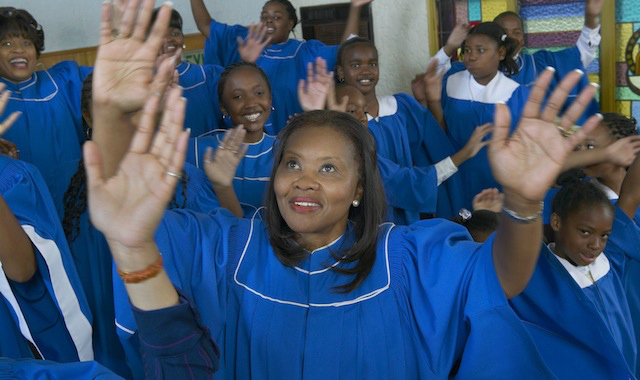News & Events
Religious beliefs may reduce suicidal thoughts in African-American adults
Psychologist Rheeda Walker’s research on suicide resilience, religion and racial discrimination

Photo credit: Mahat Tattva Dasa (Creative Commons)
Suicide is one of the leading causes of death among African-Americans and approximately, 1,900 African-American adults and youth die by suicide each year, according to research published in the Journal of Black Psychology.
However, African-American suicidal deaths tend to be underreported and understudied, says Rheeda Walker, associate professor of psychology.
“African-Americans experience an inordinate amount of psychological strain through racial discrimination, leading to depression, hopelessness and other high risk factors for suicide, but demonstrate significantly lower rates of suicide relative to European-Americans,” said Dr. Walker, director of the Culture, Risk and Resilience Lab at UH.
Dr. Walker recently completed a research study that examines racial prejudice and religion to see if religion provides protections from suicidal thoughts for African Americans experiencing racial discrimination.
“There is a belief that if one creates psychological science and knowledge, such knowledge ought to apply universally to everyone,” Dr. Walker said. “That is simply not the case.”
Dr. Walker is the principal investigator of the study, “Perceived Racism and Suicide Ideation: Mediating Role of Depression but Moderating Role of Religiosity among African American Adults,” published in the journal Suicide and Life-Threatening Behavior.
She found that African Americans in stressful life events induced by racial discrimination who express extrinsic religious beliefs and practices may have fewer suicidal thoughts than similarly situated African-American adults who report having fewer extrinsic religious beliefs.
Extrinsic religiosity is defined as practicing religion for a variety of reasons, including gaining social status, conforming to community expectations, honoring cultural heritage, and meeting people with shared stated values. Its opposite, intrinsic religiosity, is defined as practicing religion as a personal experience that uses a faith’s creed to organize and regulate life choices.
“We need to spend more time finding out what depression means for African-Americans and across ethnic groups,” she said. “What does suicide look like for African Americans? Are there self-destructive behaviors that are suicidal, but not considered as suicide?”
The goal of the study was to assess suicide ideation – thinking about, considering or planning for suicide – along with depressive symptoms, religious orientation and perceived racism in a community sample of 236 African-American men and women.
The findings from Dr. Walker’s research provide evidence that perceived racism may play a role in suicide vulnerability.
However, despite the harmful effects of racism, extrinsic religiosity buffered these effects, meaning extrinsic religiosity can be a hedge of mental protection that makes African American encountering perceived racism less vulnerable to believing suicide is a solution to their troubles.
People in Dr. Walker’s study who reported higher levels of more socially oriented, extrinsic religiosity did not report suicide ideation when experiencing symptoms of depression.
“Although discrimination can have adverse emotional consequences,” she said, “the findings suggest that the ‘use’ of religion perhaps to connect with others or to meet some other needs can be emotionally helpful among individuals who experience racism.”

In this context, Walker hopes religion might be used to obtain social cohesion and relief from emotional distress that might be experienced by others in similar circumstances. Previous research observed that people who experience high levels of stress experience relief in supportive religious settings.
To our knowledge, this is the first study to examine the moderating capacity of religiosity in the context of perceived discrimination and depression symptomatology so that we can understand the vulnerability and the resilience operating in tandem,” Dr. Walker said.
- By Melissa Carroll